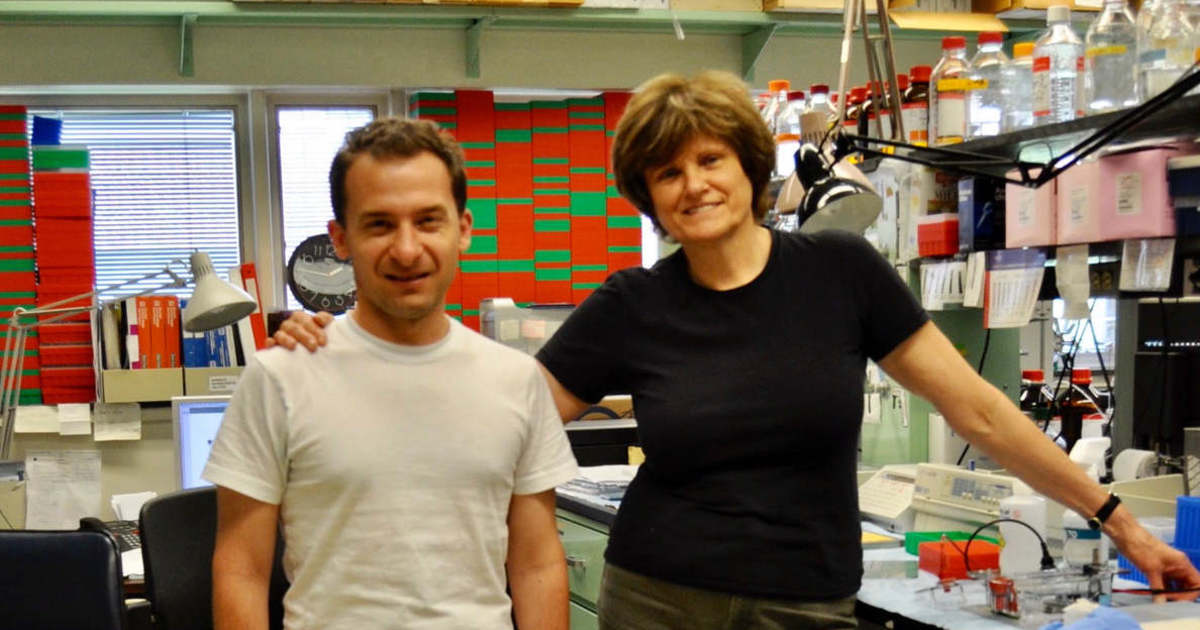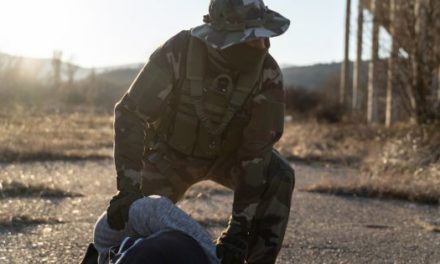Many people can be told anything, their beliefs and prejudices cannot be broken through, says Norbert Pardi, who heads his own laboratory at the Department of Microbiology at the University of Pennsylvania.
For a decade, the molecular biologist has been working with Katalin Karikó and Drew Weissman on the technology that forms the basis of mRNA vaccines against the coronavirus. Pardi Vaccines and the Covid-19 story at the Hungarian Science Festival. One of his main messages was that vaccines save millions of lives every year. Magyar Nemzet conducted a longer interview with him, we quote from it.
According to him, one hears a lot of, often contradictory, information about vaccinations, from which laypeople find it difficult or impossible to select the scientifically based information. Experts should be listened to, in this case doctors, immunologists, virologists, biochemists, and not those who do not have thorough knowledge in this field.
I also don't give advice to the car mechanic on what to do with the chassis, since I don't know how to do it. At the same time, everywhere I go, I find that many people can be told anything, but their beliefs and prejudices cannot be broken through.
Not even if someone in your immediate environment dies as a result of the coronavirus infection. I admit that honest communication and adequate information from professionals is very important, but at the same time, lay people in this field should trust those who have been dealing with vaccines, pathogens or the functioning of the immune system for many years or decades.
He said about the antecedents: the epidemic that broke out in Asia in February 2003 - also caused by the coronavirus, SARS-CoV-1 - did not become a pandemic, so no human vaccine was created then, but science learned a lot from that case, just like MERS did about ten years later -- from a CoV epidemic. To a large extent, it can be explained by these "preliminary studies" and the amazing technological development of the last ten years that it was possible to come up with effective Covid-19 vaccines in roughly one year.
Vaccine developers are able to follow the constantly mutating virus. The president of BioNTech, Professor Uğur Şahin, stated that they can prepare an effective vaccine against new virus variants in about six weeks. The mRNA vaccine is a synthetic product that can be easily produced and modified.
Despite our important results, we still have to fight for subsidies. In his book The Formula, Albert-László Barabási writes that many people are successful not because they only received caresses from life, but because they stood up after being slapped and tried to fulfill their goals again. Katalin Karikó's research career is excellent proof of this, but I also submitted twenty large applications in the last few years, and four of them were accepted. If I only hand in four, I might not win even once.
Regarding the possible anti-cancer treatment related to mRNA, he said: they are working on anti-cancer vaccines in many parts of the world. In the vast majority of cases, these are therapeutic agents, i.e. they vaccinate cancer patients, rather than giving vaccines to healthy people for preventive purposes, as is usually the case in the fight against infectious diseases. Specific motifs characteristic of a given type of cancer are used as antigens against which, if the specific immune response is generated, the cancer cell is destroyed. As part of cancer therapy, we could also produce antibodies with mRNA, and it could be used for so-called passive immunization. However, these researches are far from being at the same stage as the mRNA vaccines developed against infectious diseases.
Source and full article: magyarnemzet.hu
Image: delmagyar.hu













